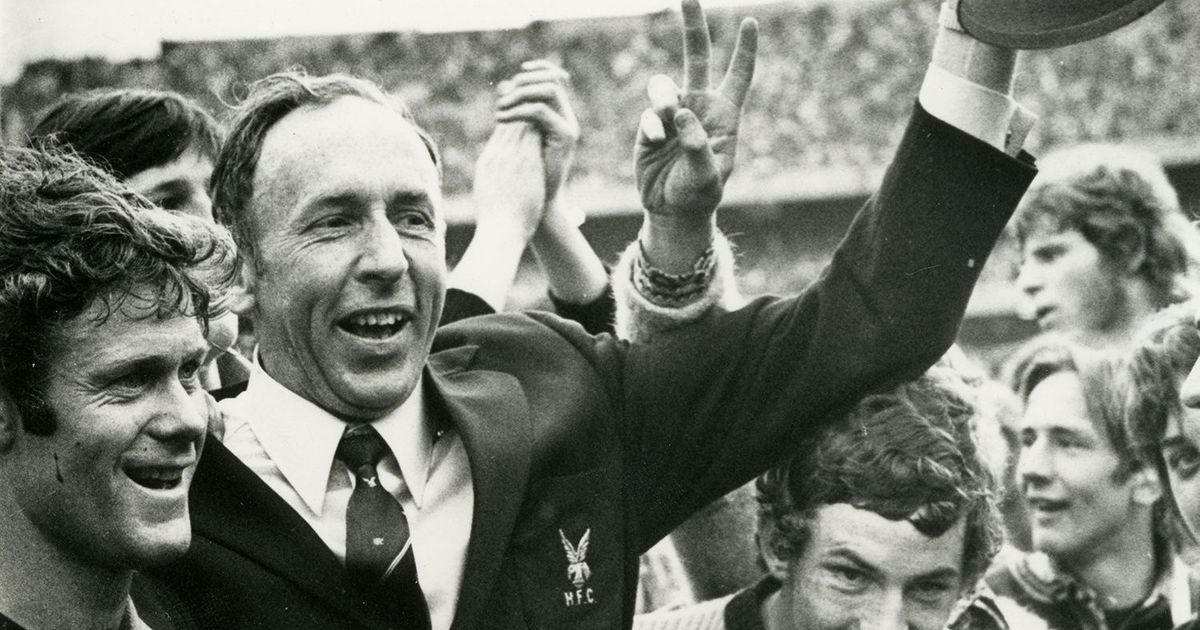In this instance there are quite a few dissenting voices. Is that the case every year? Probably. I think part of that has to do with the low bar the AFL appear to be setting for a Legend status, while completely ignoring others whose achievements appear to be diminished in the eye of the committee because they played/coached in the WAFL/SANFL/cellar dweller.Same deal each year . Person A ( regardless of club ) recieves legend status , cue BF experts criticising the decision .
Rinse and repeat
I’m not overly familiar with SANFL and WAFL players and coaches, but I keep hearing the same names from fans brought up following those leagues. These are quite possibly fans who followed different sides in the state-based comps but they tend to agree on a few names. And that’s how it should be, and not what has happened in this case.







